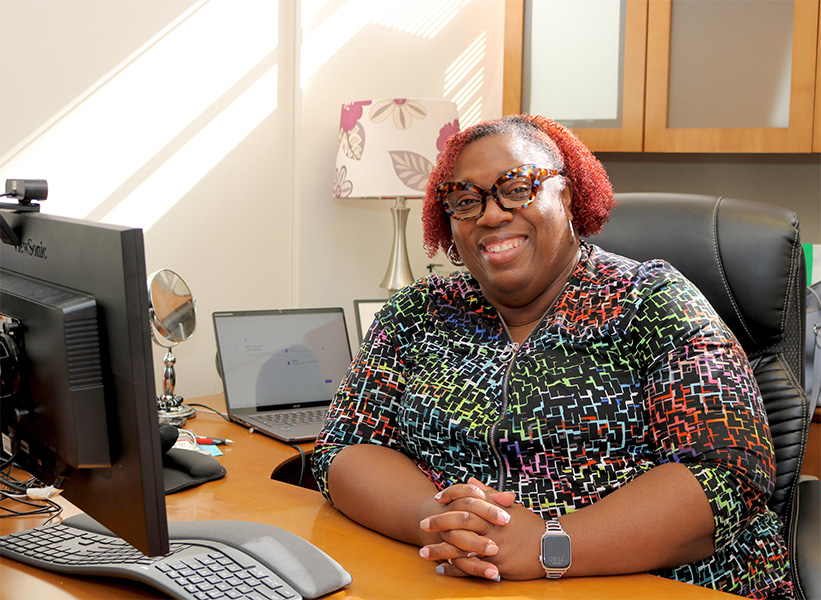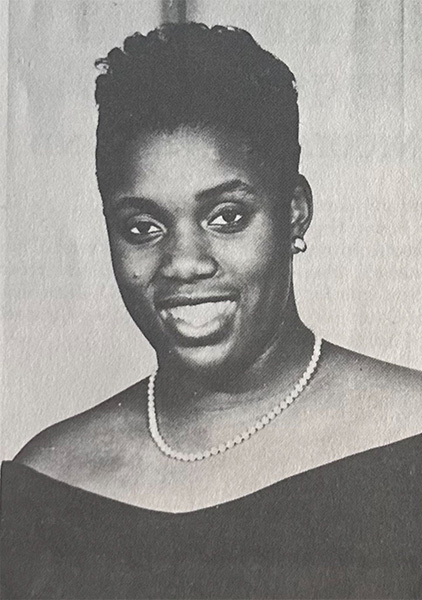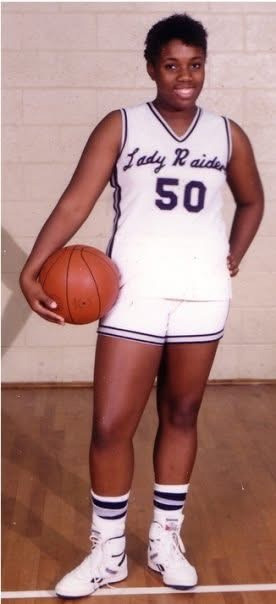 It was a moment that changed Monika Davis’s view of her career and perhaps that of a young girl’s future.
It was a moment that changed Monika Davis’s view of her career and perhaps that of a young girl’s future.
A few years ago, Davis, the recently retired Chief Information Officer (CIO) for the DeKalb County School District (DCSD), was attending a District technology fair. At the time, she was still a relatively unknown figure behind the extensive technology infrastructure of Georgia’s third-largest school district. Standing among a sea of eager faces, she was approached by a young African American student who had just discovered that the CIO – the top technology official in the District – was a Black woman.
“People didn’t realize I was the CIO because they’re not expecting a Black woman to be a CIO,” Davis recalled. “There were some students around, and there was a little Black girl, as chocolate as I am. She asked me if I was over all the technology for all the schools. She said, ‘Wow! I didn’t know Black girls could be over technology.’ I told her that Black girls could do anything anyone could. She said, ‘Thank you, I’m going to do that,’ and skipped off.”
In that single exchange, Davis saw the raw power of representation.
According to CIO.com, only 3.7 percent of all CIO positions in the US are filled by Black IT leaders, and an even smaller fraction are women. Yet there she was, leading digital transformation in a major school system, which was proof positive to that young girl that the realm of technology leadership was also open to her.
For Davis, the work began as a personal journey. A product of DCSD herself, she graduated from Redan High School in 1989, already fluent in coding, computer math, and graphic design. She studied Computer Science at the Georgia Institute of Technology for three years before discovering a new calling: working with students.
Encouraged by her mother, an educator in the District, Davis transferred to Georgia State University, completed her degree in sociology, and took a paraprofessional position with DCSD. She quickly found that the classroom was fertile ground for marrying her two passions: Technology and Education.
“As a paraprofessional, I got my gateway into education. I was able to work with students and still be involved with my first love- technology,” she said.
Davis honed her skills further, working as a school technology specialist at Fulton County Schools and later earning advanced degrees in Instructional Technology and Educational Leadership. She then returned to DCSD, rising from an instructional technology specialist to roles of increasing responsibility.
She credits leaders like Ramona Tyson, DCSD’s first Black woman CIO, for inspiring her to step confidently into management positions.
“She was an incredible mentor and helped me move forward,” Davis said.
Early on, she managed IGNITE U, a professional learning community devoted to practical and engaging technology integration. This forward-thinking effort anticipated technology’s relentless evolution and the need for educators to adapt seamlessly.
“We have to have a way to promote technology integration in a perpetual manner because technology is going to continue to change, people are going to continue to change, students are going to continue to change,” Davis said.
She eventually led the District’s virtual learning efforts and restructured FLEX Academy, showing her capacity to shape digital education models. Twice, she stepped in as interim CIO, and Davis took the helm permanently when the CIO position opened during the onset of the COVID-19 pandemic.
It was a Herculean task – managing a District’s pivot to remote learning while simultaneously overhauling its digital infrastructure. Yet Davis and her team thrived, guiding DCSD through unprecedented challenges.
“No school district and no one was prepared for the pandemic. We had to continuously pivot but also keep running ahead to see where we needed to be,” she said. “However, it strengthened our division, and we understood ourselves more. We are in a much better place today.”
Her focus remained rooted in the student experience. Davis understood that every platform, device, and digital resource ultimately shapes how students learn and engage with the world.
“At the end of the day, for Monika, it is all about digital literacy,” she said. “Regardless of what we’re doing, we all must leverage technology to take society to the next level. That’s been the undercurrent of everything I’ve done in my career.”
Throughout her tenure, Davis says she faced technological challenges, deeply human racial and gender-based microaggressions, and doubt from colleagues and vendors. She remained undeterred and unbowed, knowing that her presence and success in the role mattered, especially to students who had not yet discovered the full breadth of their potential.
“I love a good challenge because I always rise to the occasion,” she said. “You don’t have to like me or that I’m in this role, but you must understand that we’re here for the children. I’m in a good place as long as the focus is on them and getting the work done.”
Davis recently stepped into retirement on November 30, 2024, after a distinguished three-decade career guided by a simple and powerful principle: Students First. She dedicated herself to ensuring digital learning was a meaningful, accessible tool for every DCSD student. That guiding light is what District leadership admired most.
“Although I have only worked with her for a little over a year, I know that Monika has been a cornerstone of our commitment to innovation, guiding DeKalb Schools through transformative changes in technology and ensuring our schools are equipped for the future,” said DCSD Superintendent Dr. Devon Q. Horton.
“We are grateful for her many contributions to take DCSD to New Levels and New Heights, and we wish her all the best in her well-deserved retirement.”
In retirement, Davis will continue to contribute her talents to educational technology, supporting DCSD and other districts in new ways. She leaves behind improved infrastructure, innovative digital learning strategies, and a legacy of representation, possibility, and hope.
“There is a lot of work to be done regarding educational technology, and I feel like I can contribute advice and support in the digital village,” she said. “This will allow me to help and support the District differently.”
Davis hopes her legacy is defined by serving children and forging a bridge between education and technology. “I would also want people to say that I worked hard because I did,” she said. “I was very dedicated and loyal to the students, the District, and what we were doing. I also hope people say that I brought education and technology closer together.”
For the little girl who once said, “I didn’t know Black girls could be over technology,” Monika Davis remains a powerful reminder that representation matters, ceilings can be shattered, and all students can thrive in whatever path they choose.




